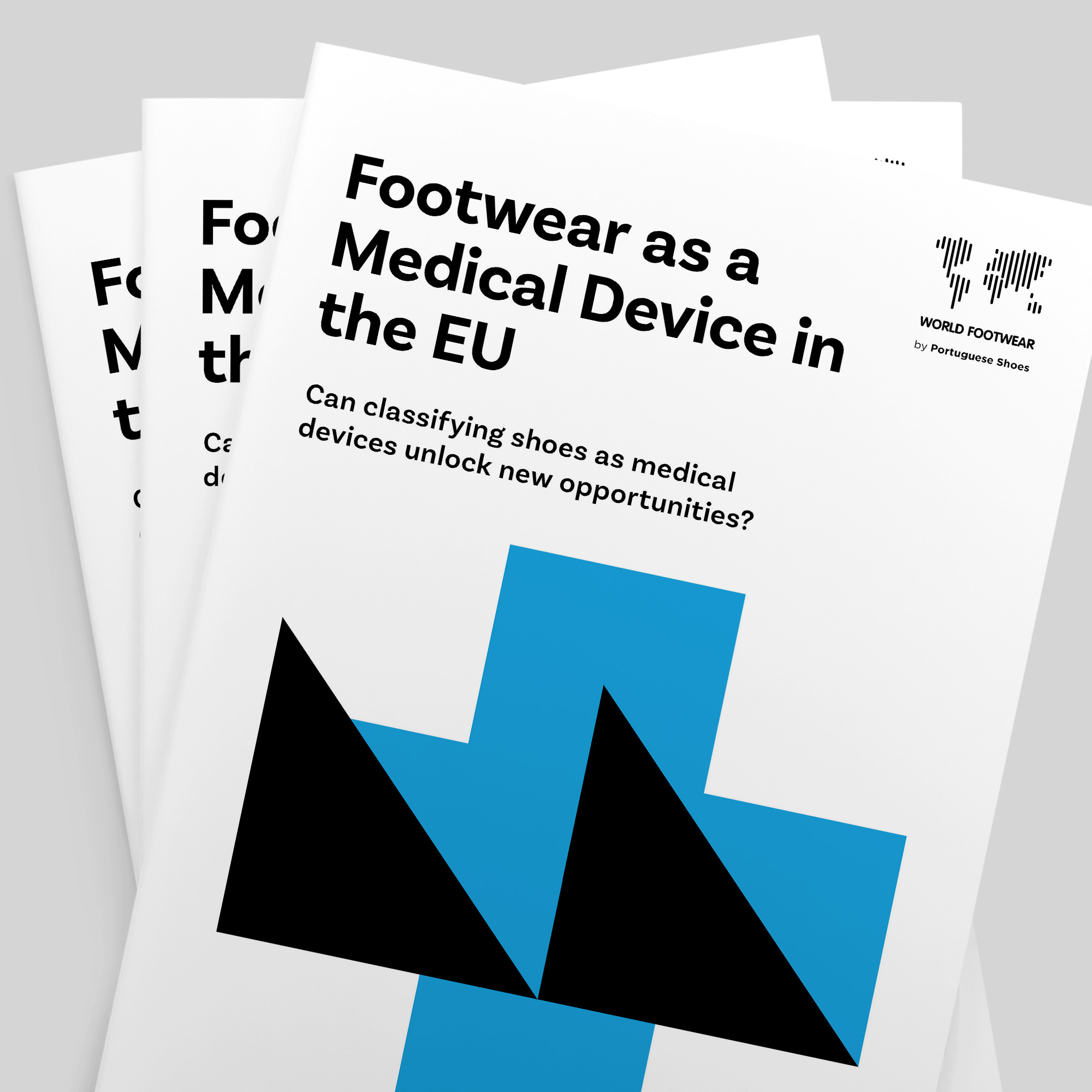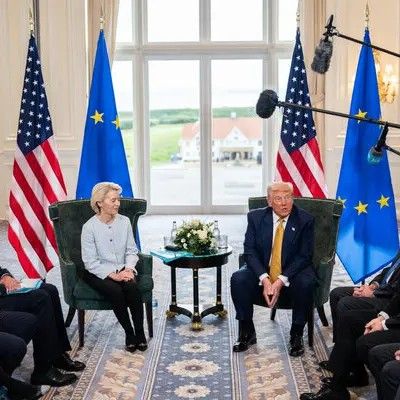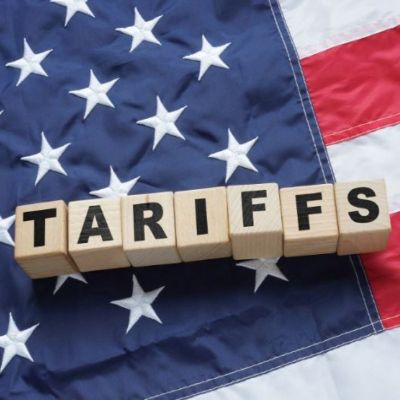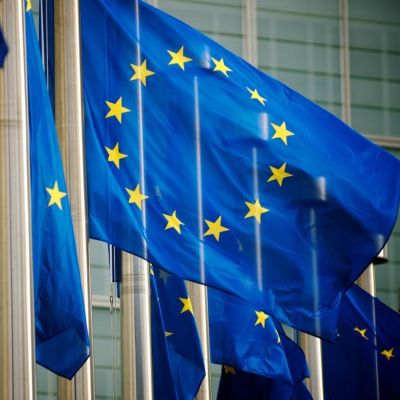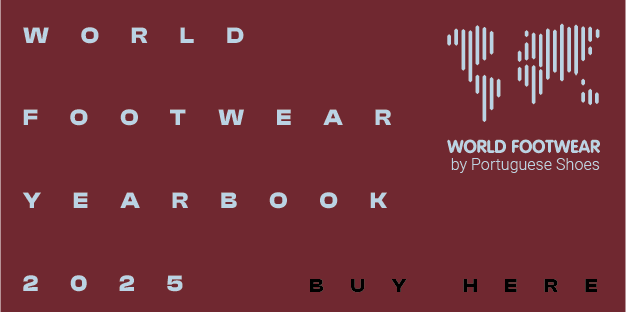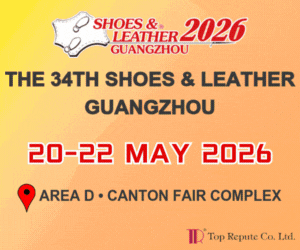EU–Indonesia FTA set to create a level playing field in footwear trade
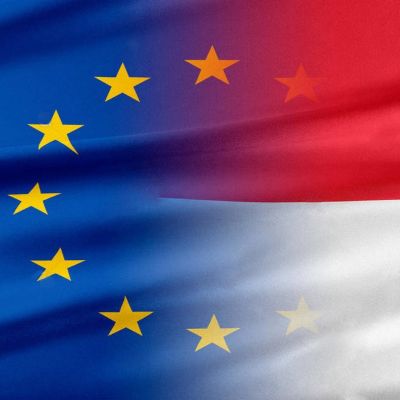
Following almost a decade of negotiations, the recently signed agreement will reduce tariffs on most goods, thereby enhancing the EU’s competitiveness and establishing fairer conditions on the footwear market. We spoke to Carmen Arias, Secretary General of the European Footwear Confederation (CEC)
After almost a decade of negotiations, the European Union and Indonesia signed a landmark free trade agreement aimed at eliminating tariffs on most goods. This will save EU exporters around 600 million euros in duties.
For footwear companies, the deal is expected to create a level playing field: while EU shoes currently face import duties of between 25% and 30% in Indonesia, Indonesian footwear enjoys preferential access to the EU market.
Trade data highlights the scale of the imbalance. In 2024, the EU imported almost 100 million pairs of shoes from Indonesia at an average price of 15.80 euros per pair, while exporting just over 300,000 pairs at an average price of 48.80 euros per pair.
The FTA is expected to improve European competitiveness and gradually reduce the trade gap by phasing out tariffs. “This is a positive development for EU companies, aligning with Indonesia’s projected growth into an upper-middle-income country, even amidst a recent concentration of wealth and a shrinking middle class”, commented Carmen Arias, Secretary General of the European Footwear Confederation (CEC).
Furthermore, even though the EU’s Generalised Scheme of Preferences (GSP) could overlap with the free trade agreement (FTA) for up to two years, the footwear sector will not be affected, as full tariff liberalisation will take effect immediately.
The agreement also introduces obligations to comply with EU safety, environmental and social standards. Although the FTA establishes general principles, specific technical requirements will be governed by EU regulations such as REACH, the Ecodesign for Sustainable Products Regulation, and the Waste Framework Directive.
“It is therefore crucial that the EU and its 27 Member States provide the necessary tools and support to ensure effective enforcement mechanisms and resources”.
“On the other hand”, the CEC Secretary General emphasised, “Indonesian exporters should be prepared for upgrading their testing and certification mechanisms, adjusting product design for durability, use of less harmful substances in the production, establish monitoring/ reporting mechanisms for environmental and social aspects”.
Given that the agreement must be signed in Bali and then undergo legal checks, translation and formal approval by the EU institutions and the Indonesian legislature, officials are aiming to ratify it by the 1st of January 2027.
Overall, the European Union is Indonesia’s fifth-largest trading partner, accounting for 6.4% of its total trade. Meanwhile, Indonesia is the EU’s 33rd-largest trading partner. It is also the EU’s fifth-biggest trading partner among the ten members of the Association of Southeast Asian Nations (ASEAN).
Image Credits: eurocham.id




